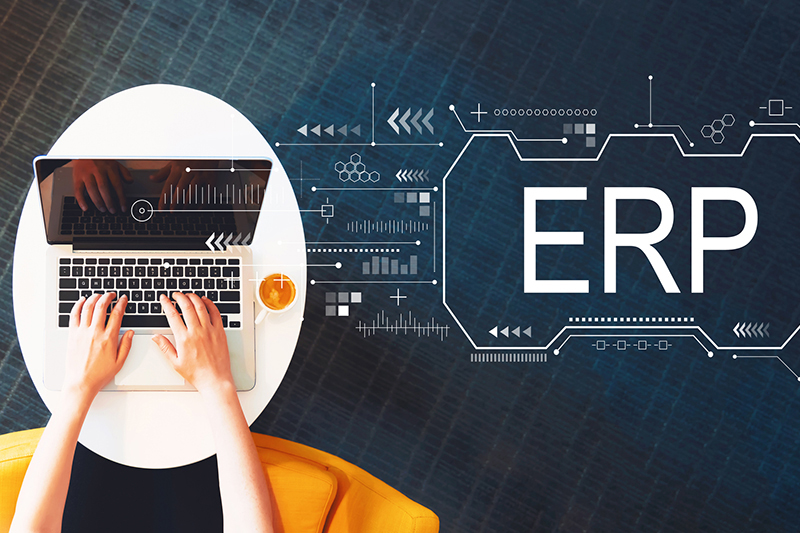Trekking with the Intricacies of Singapore’s Import & Export Industry
Singapore’s import and export industry is central to the economy, being a key hub in global trade. Even with the considerable participation, the sector is still faced with distinct challenges that need to be solved through innovativeness. In particular, the complexities of implementing regulatory measures, varying tariffs, and international shipping set these businesses apart from the rest. The import-export platform in Singapore also deals with the typical organizational matters such as the effective use of human resources and the installation of new technologies. Altogether, such problems make it essential that firms adopt adaptive structures to turn such issues into successful outcomes.
The Distinctive Yet Common Issues in the Import & Export Sector
Different countries have their own regulatory systems, which confound import and export firms with numerous compliance requirements. Hence, this calls for a profound grasp of both local laws and global ones. Tariff declines create another usability concern for the price-setting, as they compel the firms to be nimble in their activities. International supply chain logistics primarily remain complex, in-turn making effective management a Herculean task.
What is contrary to these individual difficulties, the industry also shares challenges with other sectors such as human resource management, and technology integration. They need to have a flexible and smart workforce by giving them the newest technology. The advancements in technology, which aim at promoting a Smart Nation, have shown the urgent need for an advanced HR system such as HRMS to be adopted.
Fostering the Sector with the Benefits of HCM System
The import and export industry in Singapore would benefit significantly from the introduction of a Human Capital Management (HCM) system. A well-functioning HCM system can lead to efficient payroll operations by speeding up international payroll calculations and benefits like long service payment. Automatic rostering features are also beneficial in workforce optimization, this is particularly important in a field that runs at different time zones.

Alongside, the right HCM system would give information inputs through appraisals, so firms would know better how much to reward the employees making long-term contributions. In this way, enterprises can afford to reward the staff with a longer period of service and at the same time build a strong workforce morale. The capability of a fully integrated HCM might even aid in shared problems like fresh tech adoption by providing scalable solutions that expand with the business.
Principles for Successful HCM Adoption
Of course, the deployment of an HCM system requires careful designing and carrying out. Commence by evaluating the particular needs of the organization and ensuring that the solutions proposed are aligned with the business objectives. Gaining the involvement of all stakeholders will motivate people to see their responsibility and this will ease the move to the HCM platform. Continuous training and feedback are the two main factors; they help the system to grow with the employees and to adapt to new industry demands.
Multiable aiM18 HCM System Highlights for the Import & Export Industry
- Rule-based workflow engine: Enhances operational efficiency through task automation.
- Fully customized payroll formula: Reduces payroll customization efforts by over 90%.
- Intelligent roster planning: Optimizes workforce allocation according to demand fluctuations.
- Powerful payroll engines: Process extensive payroll data in a short time leading to timely financial management.
- Interface for tailored labour law compliance: Assists firms in the alignment with various international regulations.
Distinctive Compliance and Recognition of Multiable HCM
Multiable HCM is particularly a proud solution approved by the Singaporean Inland Revenue Authority (IRAS), which makes it a trustworthy product for compliance reasons. This software has been granted top rate status for its impressive ability to control the Auto-Inclusion Scheme (AIS). Thus, it becomes the first choice for businesses that desire regulatory clarity and efficient operations across the diverse and intricate import-export sector.
What is Multiable HCM?
Multiable HCM is a cloud-native HCM (aka HRMS, HRIS or HR system). With over 6,000 customers, Multiable HCM gains positive feedbacks from customer across different sectors, from manufacturers, distributors, retailers, service providers to NGOs. The renowned no-code approach saves customer a big sum of customization costs and countless hours of implementation man-days.
What is LAIDFU (Let AI Do for You)?
LAIDFU is an AI tool for enterprise to build their own AI agents to perform various business AI tasks.
Proprietary EKP (Enterprise Knowledge Partitioning) technology eases CEO’s concern about trade secret leakage which often occurs in most AI agents / chatbots in the market.
EKP removes the hurdle of business AI adoption by most companies in using sensitive corporate data.
Powered by no-code approach, deployment of LAIDFU incurs far less developers (and development costs) in comparison with other AI tools.
LAIDFU empowers business, with or without an HCM system in place.
Contact us
Error: Contact form not found.